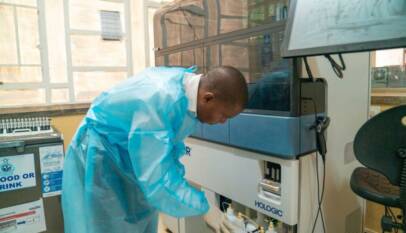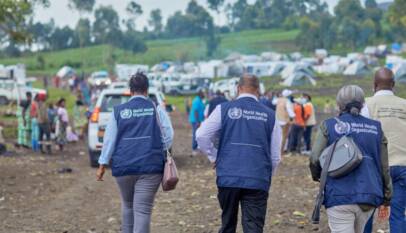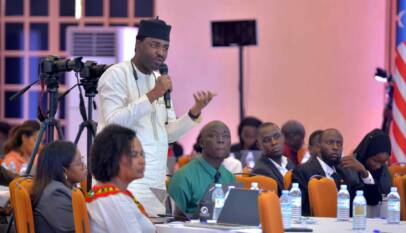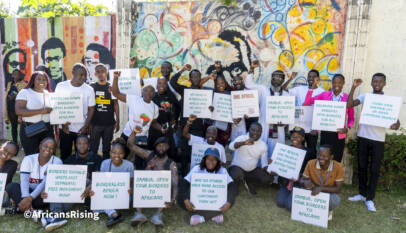NDC 3.0: Subnationals Hold Key to Effective Implementation
As Nigeria prepares to submit its third Nationally Determined Contribution (NDC 3.0) under the Paris Agreement, Umar Saleh Anka, Director of Climate Change at the Kano State Ministry of Environment and Climate Change, has underscored the pivotal role of subnational governments in ensuring its success.
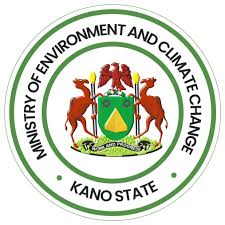
Anka noted that 2025 marks the 10th anniversary of the Paris Agreement, which mandates Parties to design and implement Nationally Determined Contributions (NDCs) as binding commitments to tackle climate change. Although Nigeria missed the initial deadline, the federal government has now commenced consultations and workshops to meet the revised September 2025 deadline for NDC 3.0 submission.
He commended the ambition of Nigeria’s past contributions—particularly NDC 2.0, which pledged a 20% unconditional and 47% conditional emissions reduction by 2030—but stressed that the new NDC must go further. According to him, resilience planning, energy transition, and loss-and-damage frameworks must be embedded, with states at the centre of monitoring, reporting, and verification (MRV) systems.
“In the past, subnational inputs were often tokenistic and ignored in final documents. This cannot continue. The success of NDC 3.0 depends on states being empowered to align their data, projects, and policies with national targets,” Anka said.
Citing Kano State’s recent climate leadership, he highlighted the adoption of a climate policy and action plan, a readiness framework for climate finance, and two new legal instruments—the Environmental Pollution Control Law and the Environmental Pollution and Waste Control Regulations 2025. Additionally, the state has distributed five million geo-tagged trees for the 2025 planting season, reinforcing its commitment to Nigeria’s mitigation targets.
Anka further called for NDC 3.0 to set economy-wide targets that integrate emission reduction with biodiversity protection, halting deforestation, food systems transformation, and just and affordable energy access.
“Nigeria’s NDC 3.0 must be bold, people-centred, and subnational-driven. Only through inclusive accountability and genuine collaboration can we ensure lasting climate resilience and sustainable development,” he concluded.





